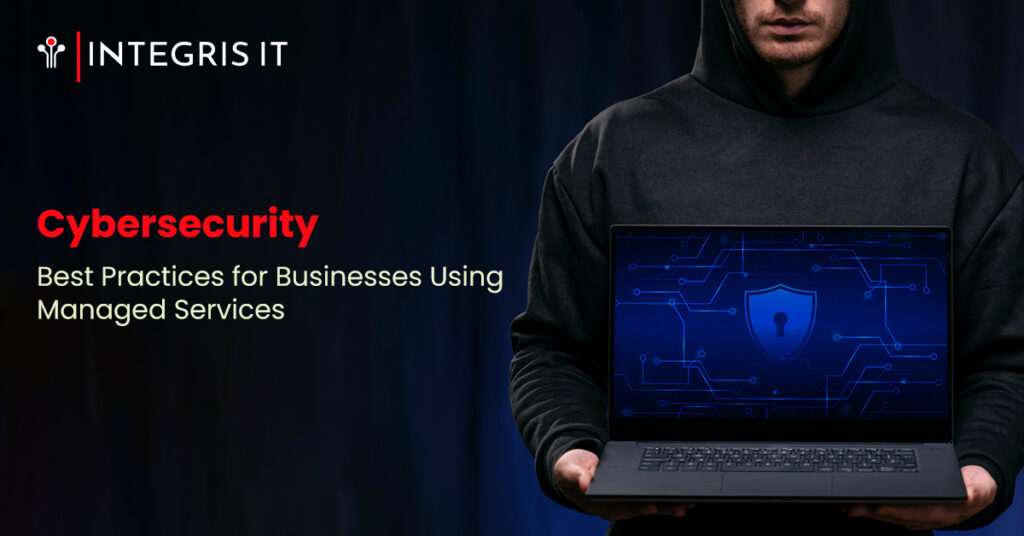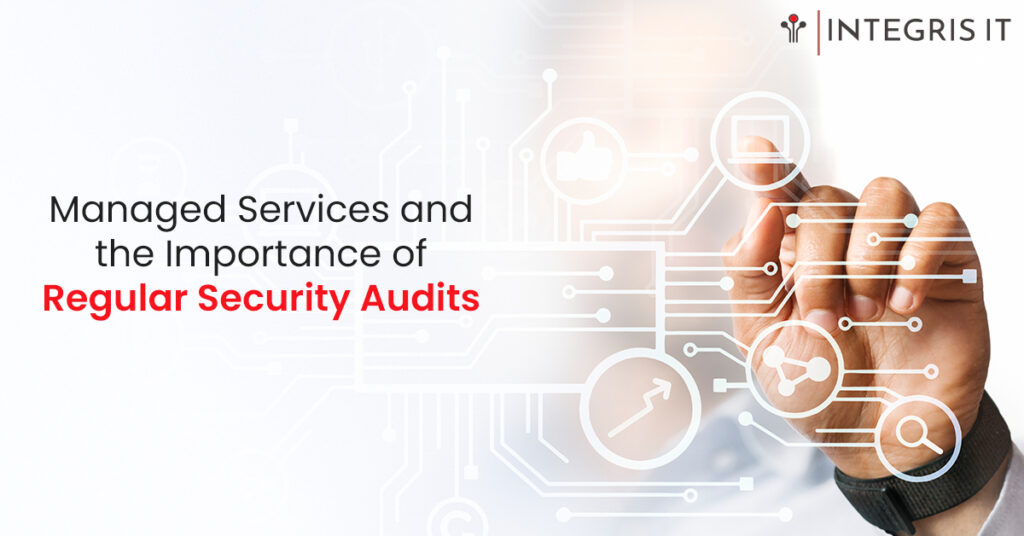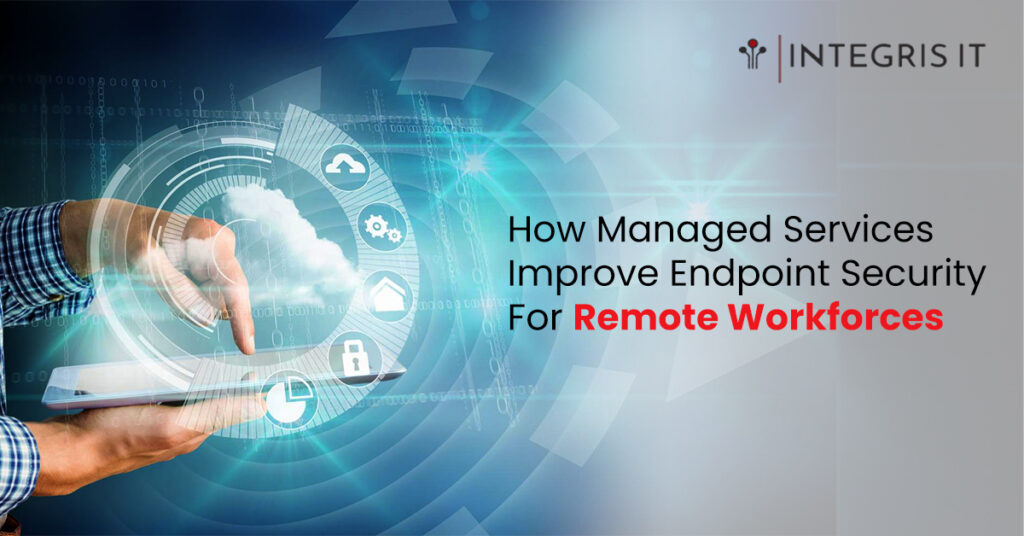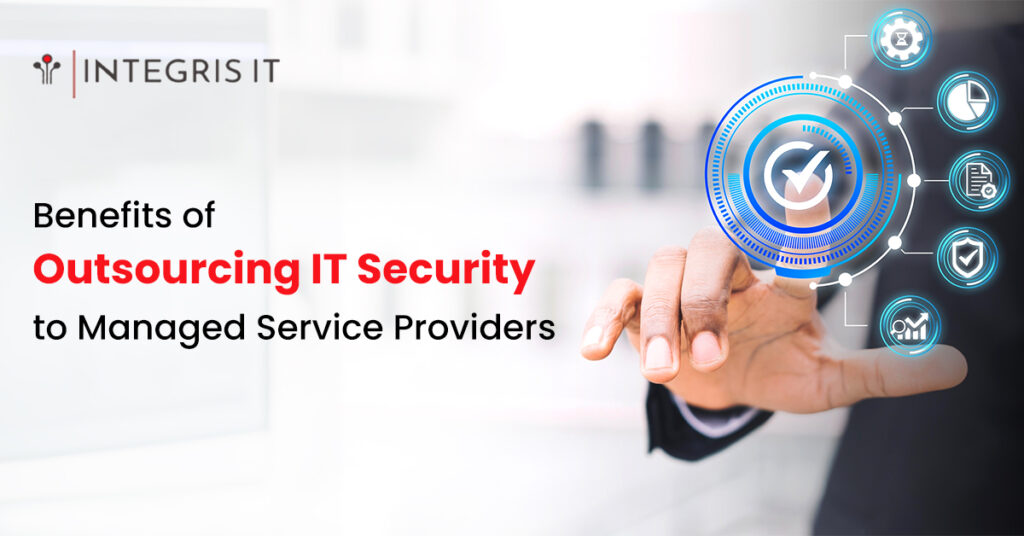Threats to business data and operations in this digital era are ever-evolving. Businesses constantly seek robust protection mechanisms to combat these sophisticated cyber threats and regulatory pressures. Security audits are critical in this protection and indispensable for enhancing and maintaining cybersecurity. When these audits are coupled with managed services, they become the backbone of a secure and resilient IT infrastructure.
So, this blog lets us explore the importance of security audits associated with managed services. We will also understand its role in risk mitigation, data protection, and business continuity.
Understanding Security Audits
A security audit extensively evaluates a business’s information systems, controls, and processes. They find vulnerabilities, assess the effectiveness of existing security measures, and ensure compliance with regulations. These audits are mandatory to maintain a strong security posture, specifically in the face of emerging cyber threats.
The managed services providers best carry out security audits. Their specialized expertise and use of advanced tools help thoroughly assess the organization’s security environment. Businesses can make the best use of managed services by ensuring that their security audits are conducted regularly and meticulously. Because MSPs can address potential weaknesses before they can be exploited.
The Role of Managed Services in Security Audits
Managed Services comprehends various IT functions, which include cybersecurity infrastructure management and technical support. MSPs offer numerous benefits while providing security audits to companies.
Expertise and Knowledge
MSPs have in-depth knowledge of the latest security threats and trends. Their expertise ensures that security audits are up-to-date, covering every aspect of an organization’s IT environment.
Advanced Tools and Technologies
MSPs conduct security audits by utilizing state-of-the-art tools. These tools ensure that no potential threats go unnoticed, enabling thorough vulnerability assessments and risk evaluations.
Regular Monitoring and Updates
Monitoring of the organization’s systems is included in managed services. This constant vigilance makes regular security audits possible as they ensure that security measures are effective against new threats and are trendy.
Resource Allocation
Significant resources, including time, technology, and personnel, will be required to conduct regular security audits. MSPs allocate these resources efficiently so that audits are performed without interrupting the business operations.
The Importance of Regular Security Audits
Let us take a deep look at the regular security audits.
Risk Mitigation
Risk mitigation is one of the major advantages of regular security audits. These audits help identify and address vulnerabilities through which organizations can significantly reduce the risk of data breaches and other security incidents. MSPs are proficient in executing thorough risk assessments, picking out potential threats, and implementing measures to mitigate them.
Data Protection
For businesses handling sensitive information, data protection is an alarming concern. Constant security audits ensure that data protection measures are effective and robust. Organizations use managed services providers’ help to implement and maintain strong encryption, access controls, and other data protection mechanisms to safeguard against unauthorized access and data loss.
Regulatory compliance
Several industries adhere to stringent regulatory requirements regarding privacy and data security. Businesses found regular security audits helpful in complying with these regulations, avoiding legal penalties, and maintaining a good stand with regulatory bodies. MSPs ensure that all necessary security controls are in place as they are well-versed in regulatory compliance.
Business Continuity
Maintaining business continuity during a security incident is crucial to avoid disruption and financial loss. Consistent security audits make sure that business continuity and disaster recovery plans are up-to-date and effective. To ensure that businesses can quickly recover from any security breaches, MSPs assist in testing and developing these plans.
Customer Trust
Maintaining customer trust is a top priority for business success in an era where data breaches are most common. Constant security audits promise a commitment to protecting customer data and maintaining a protected environment. MSPs aid businesses in building and maintaining trust in customers by ensuring that security precautions are consistently effective.
Components of a Comprehensive Security Audit
Several key components exist in a security audit performed by managed service providers. They are:
Vulnerability Assessment
Assessing vulnerability by picking out weaknesses in a company’s systems, applications, and networks that attackers could exploit.
Risk Assessment
Assessing risks by evaluating the potential impact and possibilities of various security threats and categorizing them based on intensity.
Compliance Review
Reviewing compliance to ensure that the company’s security measures meet regulatory requirements and industry standards.
Penetration Testing
Testing penetrations to stimulate the cyber-attacks to identify and address potential security gaps.
Policy and Procedure Review
Reviewing the policies and procedures to assess the effectiveness of the business’s security policies and procedures and then suggesting improvements.
Incident Response Evaluation
Evaluating the company’s incident response plan and testing its efficiency in mitigating and recovering from security incidents.
Enhancing Operational Efficiency Through Managed Services
Conducting security audits on a regular basis enhances security and improves operational efficiency also. MSPs organize the security process to ensure that audits are performed effectively and efficiently. This kind of proactive approach decreases the possibilities of security incidents and thus allows businesses to operate seamlessly without disruptions.
Conclusion
Conducting regular security audits is crucial as they help maintain a vital security phase and ensure data protection by achieving risk mitigation. Businesses can use their expertise and advanced tools when managed services providers conduct these audits. They use these tools for continuous monitoring to perform thorough and effective security audits.
The rapid increase in cyber threats is clearly increasing the importance of security audits within managed services. Businesses prioritizing these audits are equipped to secure their data, mitigate risks, and maintain a resilient and secure IT infrastructure. Managed services help businesses ensure that their security measures are comprehensive, up-to-date, and effective as they safeguard their operations and carry their reputation in the rapidly growing digital world.









